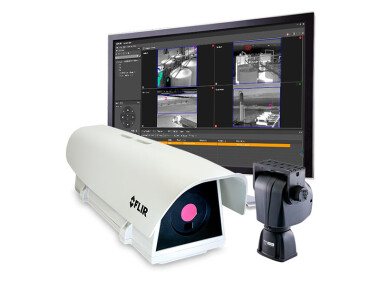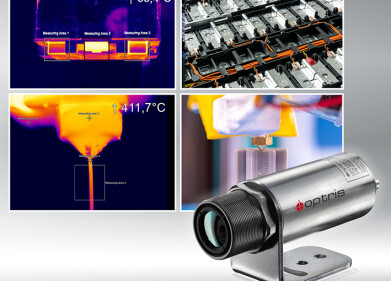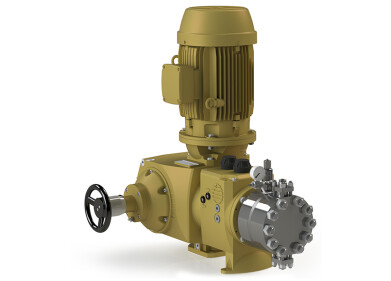Measurement and Testing
5 Types of Petroleum Products Requiring Tests
Aug 27 2022
From motor gasoline and aviation fuel to engine lubricants, testing plays an important role in developing petroleum products and regulating the market. Read on to find out more about some of the different types of petroleum products that require tests and how analysis is carried out.
-
Transport fuels
The transport sector is one of the largest contributors to greenhouse gas emissions in the UK and around the world. In a bid to address climate change and air pollution concerns, the British government requires all major suppliers of transport fuels to obtain a certain percentage of product from sustainable and renewable sources. This law is enforced under the Renewable Transport Fuel Obligation Order, with petroleum testing methods used to analyse samples and ensure suppliers are meeting the minimum requirements.
-
Aviation fuel
Petroleum testing plays a critical role in maximising aviation fuel efficiency and guaranteeing the safety of passengers. Internationally recognised testing methods such as the ASTM D910-21 Standard Specification for Leaded Aviation Gasolines are used to ensure fuels meet the strict requirements enforced by the industry. Properties assessed include octane rating, as well as density, sulphur content, freezing point, oxidation stability and electrical conductivity. All of these properties can have a significant impact on the performance of aviation fuel. Unsurprisingly, they’re of great interest to purchasing agencies.
-
Lubricants
From improving energy efficiency at refineries to extending the life of engine components like fuel injection pumps, lubricants are vital across a wide range of sectors and industries. A variety of test methods are used to assess the properties of lubricants and determine suitability for different applications. For example, the D6731-22 Standard Test Method for Determining the Aerobic, Aquatic Biodegradability of Lubricants is used to rate the performance of lubricants when exposed to an inoculum.
-
Additives
As the name suggests, additives are added to fuels to enhance quality and performance. Compounds designed to improve octane rating are one of the most common types of additives. Other additives are designed to prevent corrosion and improve lubricity. Testing is used to regulate the industry and ensure additives perform as advertised.
-
Ethanol fuels
Distilled from biomass, ethanol is clean, green and eco-friendly. In the UK, the government has embraced ethanol as a solution to address the climate change crisis and slash air pollution. Testing plays an important role in regulating ethanol fuel grades such as E10. Both ASTM and ISO publish a myriad of standardised methods to test ethanol-blended fuels. This includes tests to assess purity, methanol content, acidity, sulphur concentrations, specific gravity and more.
Find out more about how petroleum testing is being used to reduce emissions and combat climate change in ‘Petroleum Testing - A Comprehensive Guide’.
Digital Edition
PIN 25.2 Apr/May
May 2024
Safety - Carbon monoxide toxic and flammable gas detection Analytical Instrumentation - Density: A fundamental parameter at critical stages within the petroleum sector - Advancements and...
View all digital editions
Events
Jul 10 2024 Birmingham, UK
Thailand Oil & Gas Roadshow 2024
Jul 11 2024 Rayong, Thailand
Jul 20 2024 Denver, CO, USA
Jul 21 2024 Cape Town, South Africa
Jul 24 2024 Bogata, Colombia


















